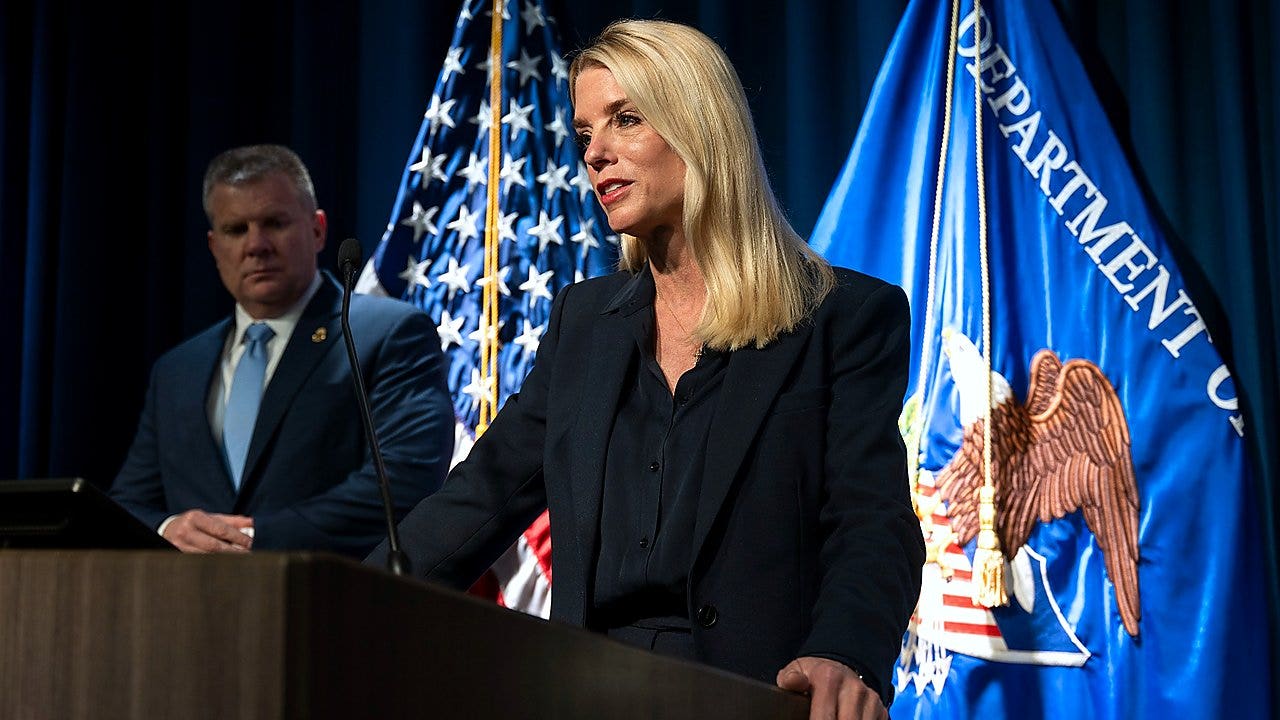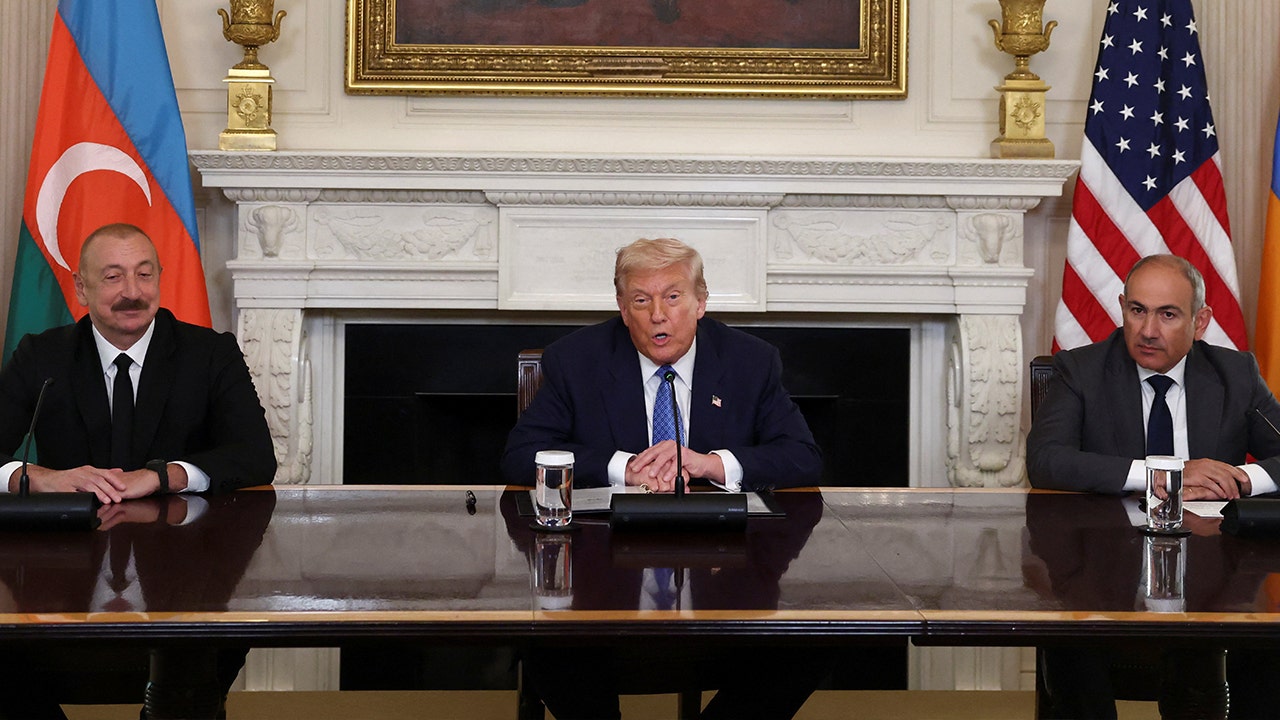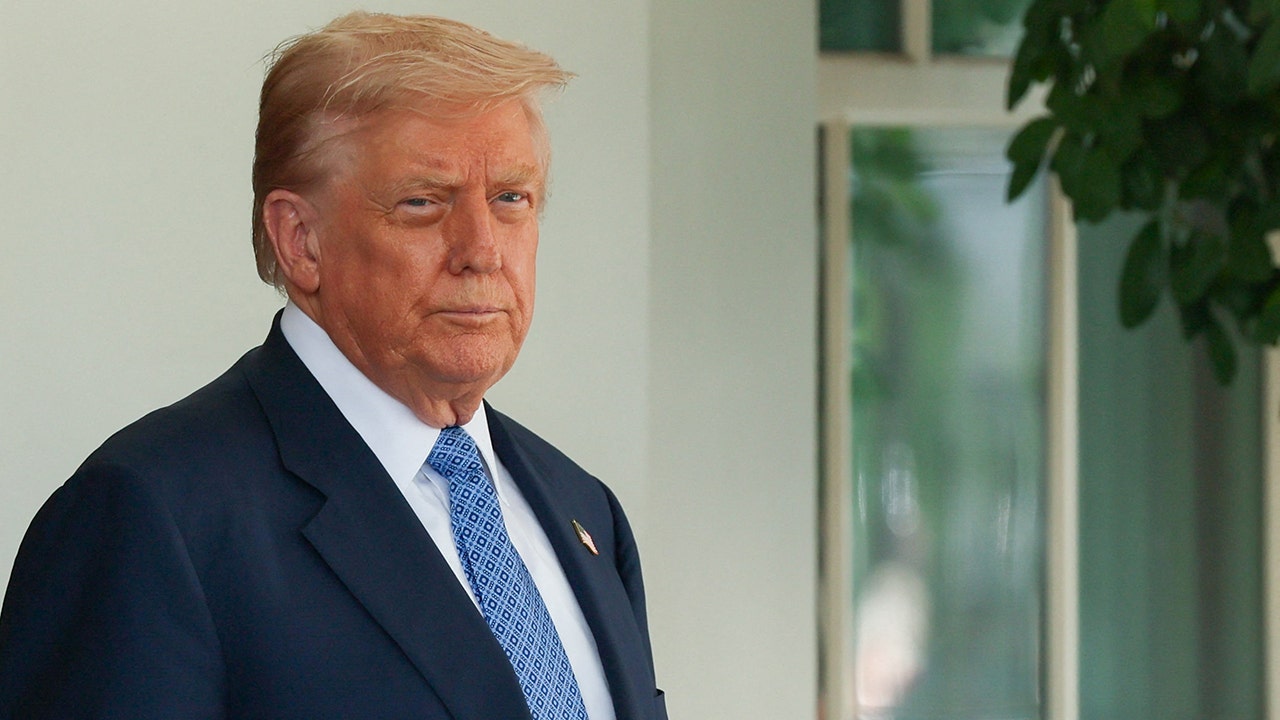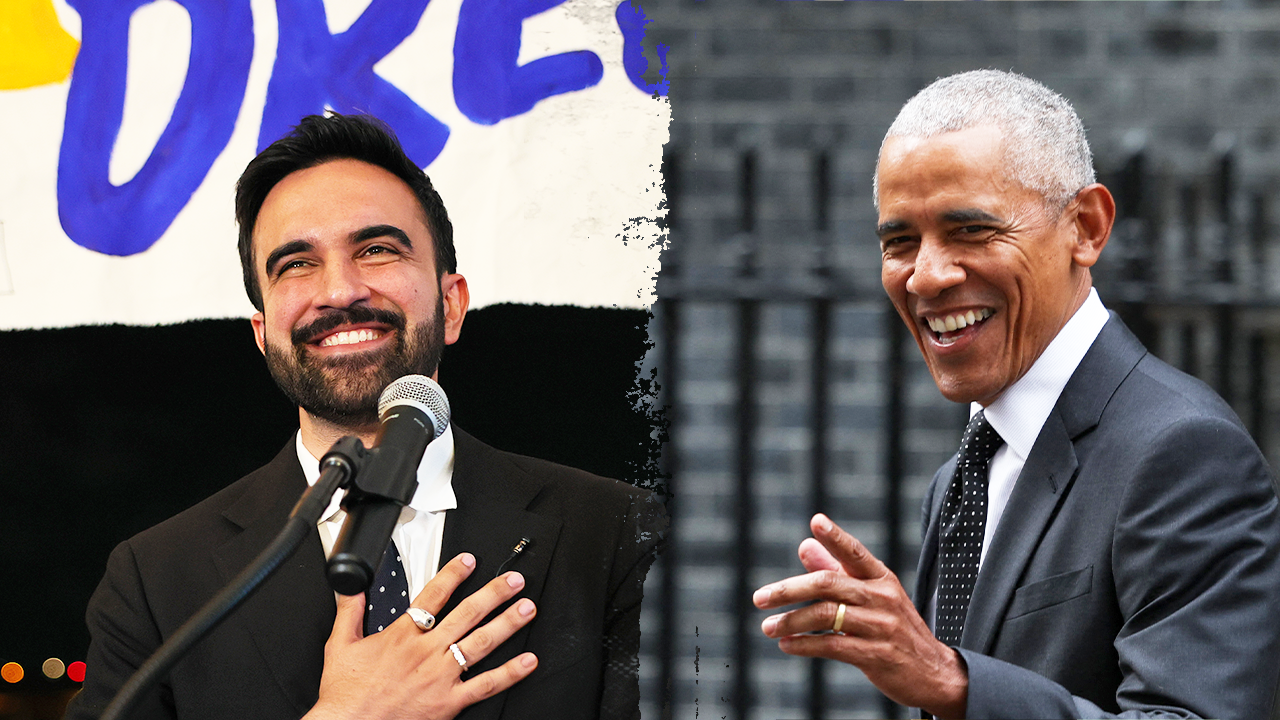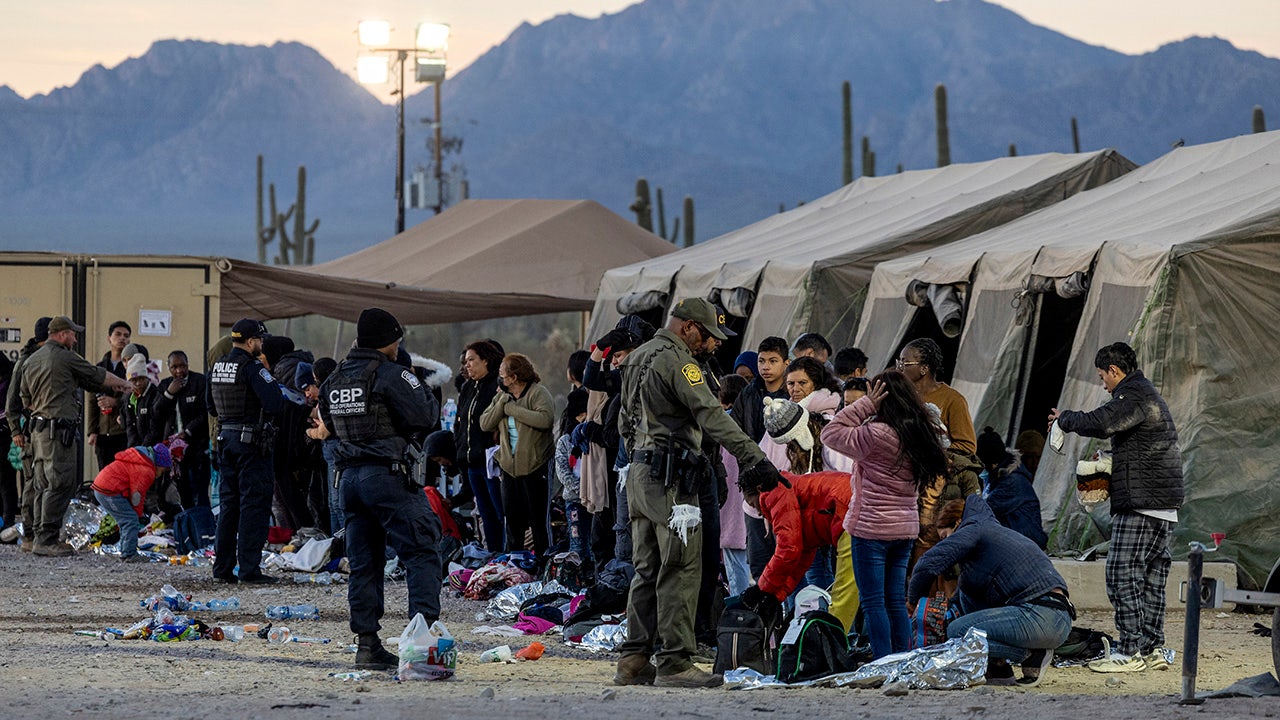NEWYou can now listen to Fox News articles!
The leaders of Armenia and Azerbaijan brushed off any threat of backlash from neighboring powers Iran and Russia following a U.S.-brokered peace accord – an agreement hailed as the start of a new era, ending more than three decades of war and hostility in the South Caucasus.
In exclusive Fox News Digital interviews, Armenian Prime Minister Nikol Pashinyan and Azerbaijani President Ilham Aliyev both praised President Donald Trump and his envoy for their role in brokering the framework agreement. They emphasized that the deal, which promised increased regional economic integration and political cooperation, is not directed at any third party – and may actually provide strategic advantages to Moscow and Tehran.
“This is not a zero-sum game,” Pashinyan said. The agreement “contains quite tangible benefits for Iran and for Russia as well.”
“Iran would have access through railway from the Persian Gulf to the Black Sea and Russia and Iran will have opportunity to have a railway connection between the two countries.”
TRUMP TO HOST ARMENIA, AZERBAIJAN LEADERS AHEAD OF PEACE PLEDGE AS WHITE HOUSE EYES NOBEL PEACE PRIZE
Russia – a long-standing ally of Armenia and a presence in the region through its border guards – welcomed peace but sent a warning about U.S. involvement. Its foreign ministry described the accord as “positive,” expressing hope for stability in the Caucasus, but warned that foreign involvement should complement, not complicate, the peace process.
The ministry emphasized that regional solutions should include neighbors like Russia, Iran and Turkey, and cautioned against repeating the pitfalls of Western-led interventions in the Middle East.
Aliyev echoed Pashinyan’s remarks and declined to see U.S. diplomatic involvement as a provocation toward Moscow.
“It will be very difficult for any country – whether far away or in our region – to say something bad about today’s agreement,” he told Fox News Digital. “We’ve taken the final step toward peace.”
He added: “It’s not against anyone. It’s a connectivity project which will be one of the most important parts of international transportation.”
At the heart of the pact is the planned Trump Route for International Peace and Prosperity (TRIPP) – a roughly 27-mile transit route linking mainland Azerbaijan with its Nakhchivan exclave, passing through Armenian territory. Armenia has granted the U.S. exclusive development rights via a 99‑year lease, allowing for infrastructure projects such as roads, rail lines, pipelines, fiber optics and possibly power transmission, aimed at opening new trade and transit paths in the region.
This bold move shifts regional dynamics, offering Washington a powerful strategic foothold while bypassing traditional Russian and Iranian routes.
Iran, in contrast, has responded with hostility.
Ali Akbar Velayati, a key advisor to Iran’s supreme leader, warned of serious consequences if the “Zangezur Corridor” – as Iran calls the route – is enacted, asserting that it “will not become a passage owned by Trump, but rather a graveyard for Trump’s mercenaries,” according to the semi-official news agency Tasnim.
Iran has even signaled readiness to use military means to block the route.
ZELENSKYY NOT INVITED TO UPCOMING TRUMP, PUTIN TALKS – WHITE HOUSE SAYS THIS WAS THE REASON
Domestically, Pashinyan faces opposition. Armenian nationalists, already fierce critics of any deal with Azerbaijan, view the agreement as a betrayal. The Republican Party of Armenia has declared that Pashinyan lacks the mandate to sign such a treaty, demanding full transparency and an end to concessions made under external pressure.
Pashinyan, however, is undeterred. He said the accord could transform Armenia’s investment climate and attract foreign capital.
“We expect to have some criticism, and that’s part of democracy,” he told Fox News Digital. “But we are confident we made the right decision.”
Once the dominant power in the South Caucasus, Russia is losing its grip. The war in Ukraine, mounting sanctions and resource strains have depleted its regional influence, enabling the U.S., Turkey and the European Union to expand their diplomatic reach.
Relations with Azerbaijan particularly soured following the December 2024 downing of Azerbaijan Airlines Flight 8243. Aliyev accused Moscow of accidentally shooting the passenger jet with Russian air defenses during operations against Ukrainian drones, killing 38 people.
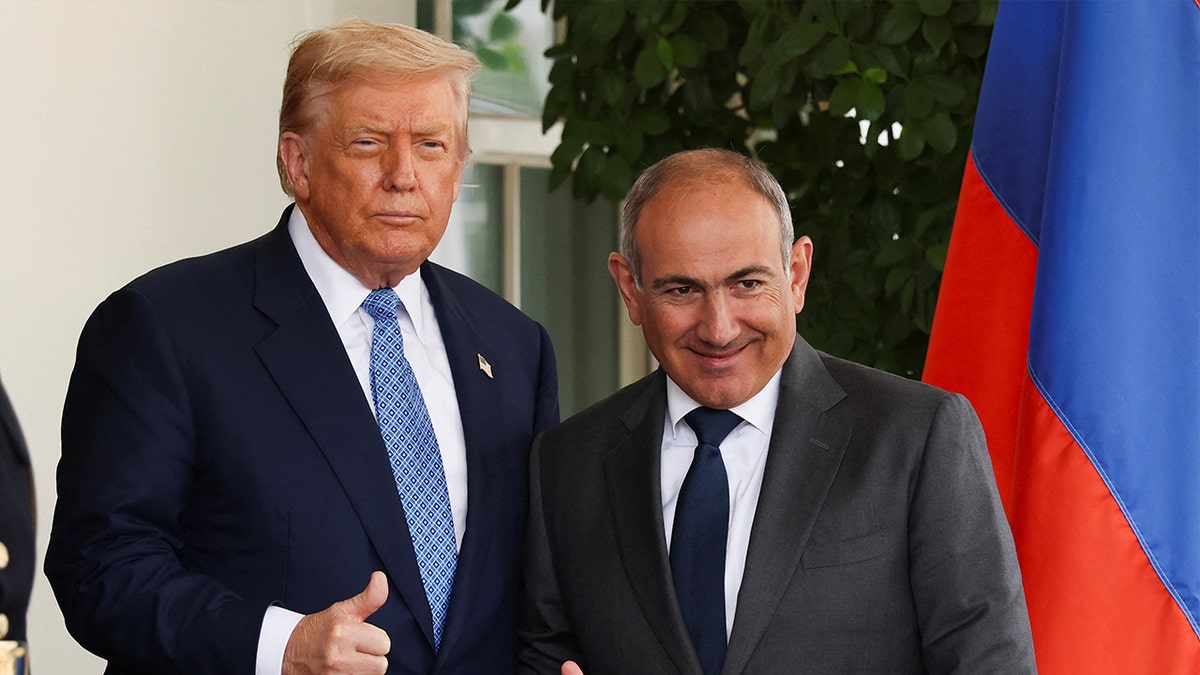
Aliyev told Fox News Digital he didn’t believe the incident was an intentional attack by Russian leadership, but demanded a formal admission of guilt, punishment for those responsible and full compensation – moves Russia has resisted, apologizing only vaguely for what they called a “tragic incident.”
And amid political divisions, Pashinyan finds himself in a conflict with one of the country’s most respected institutions – the Armenian Apostolic Church, where figures like Archbishop Bagrat Galstanyan have led public protests against Pashinyan’s decision to return border villages to Azerbaijan.
On June 25, authorities arrested Galstanyan, a leading figure in the church and of the “Sacred Struggle” opposition movement, accusing him of orchestrating a terrorist plot to overthrow the government. Armenia’s Investigative Committee alleged he had recruited more than 1,000 former police and military personnel to stage bombings, disrupt power grids and paralyze transportation networks.
Pashinyan assured that the judiciary system acted independently of his government and “in full accordance with the law of Armenia, respecting all the rights of all people.”
